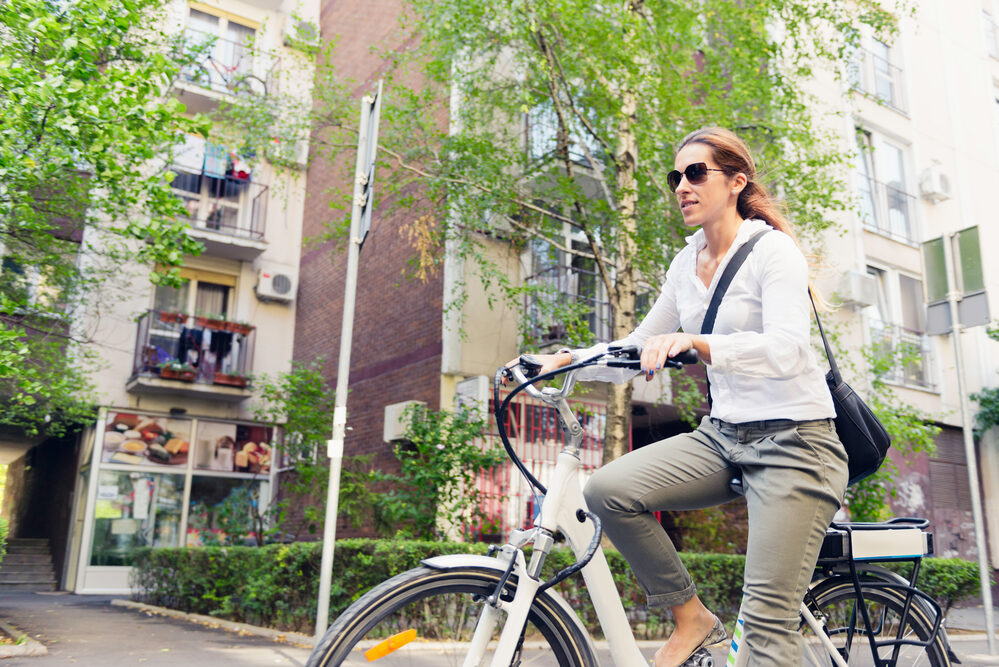Amsterdam could soon introduce an innovative solution to slow speeding e-bikes down, with a system that controls their whizz in busy areas.
New ‘intelligent speed adjustment’ technology can actively regulate motor speed, aiming to make Dutch streets safer for everyone.
READ MORE | Dutch Quirk #129: Bike recklessly — and somehow remain unhurt
With bike lanes getting increasingly congested throughout the Netherlands, there’s just not enough room to zoom these days. But how does the tech work?
Forget fast and furious
Though some reports have suggested that the new technology will be able to remotely brake an e-bike, this is not the case.
Instead, as NRC reports, the system automatically turns off e-bikes’ pedal assistance when they enter a vulnerable area — meaning the pace from then on is down to plain old human leg power. 💪
READ MORE | 8 marvellous things about the Dutch and their bikes
The alerts have memorable names, too. Firstly, there are “nudges” which notify you of potential dangers in the surrounding area.
And the active speed lowering? That’s called a “nanny” (— perhaps a nod to the elderly Dutchies’ electric love when it comes to cycling options? 🥺).
Though the exact tech specs have not been revealed yet, the intention is that the new technology would be compatible with all major e-bike motors, so the roll-out would be significant. 💨
Tried and tested
In a test-ride, Amsterdam’s Alderwoman, Melanie Van der Horst, recently demonstrated the initiative’s impressive capabilities.
“I saw a child playing football on my screen. A little later, it switched to red, and my speed dropped to 15 kilometres per hour”, she told the NRC.
READ MORE | How to rent a bike in Amsterdam in 2024
This is great news for schools, parks, and commuter zones, which should all be made safer with the speed adjustment technology in place.
Funny how bike helmets are becoming much more common in the Netherlands, largely because of fast e-bikes. You used to rarely see a helmet and think “there goes a tourist!” But now you see them all the time pic.twitter.com/w5r4Y1lwpi— Ben Coates (@bencoates1) August 30, 2022
So, when can we expect to hear fewer whizzing noises as we wait to cross those busy Amsterdam streets? The development team are currently refining the technology and aims to roll out a trial next year.
Would you be happy to see these regulations introduced soon? Let us know your thoughts in the comments below.



